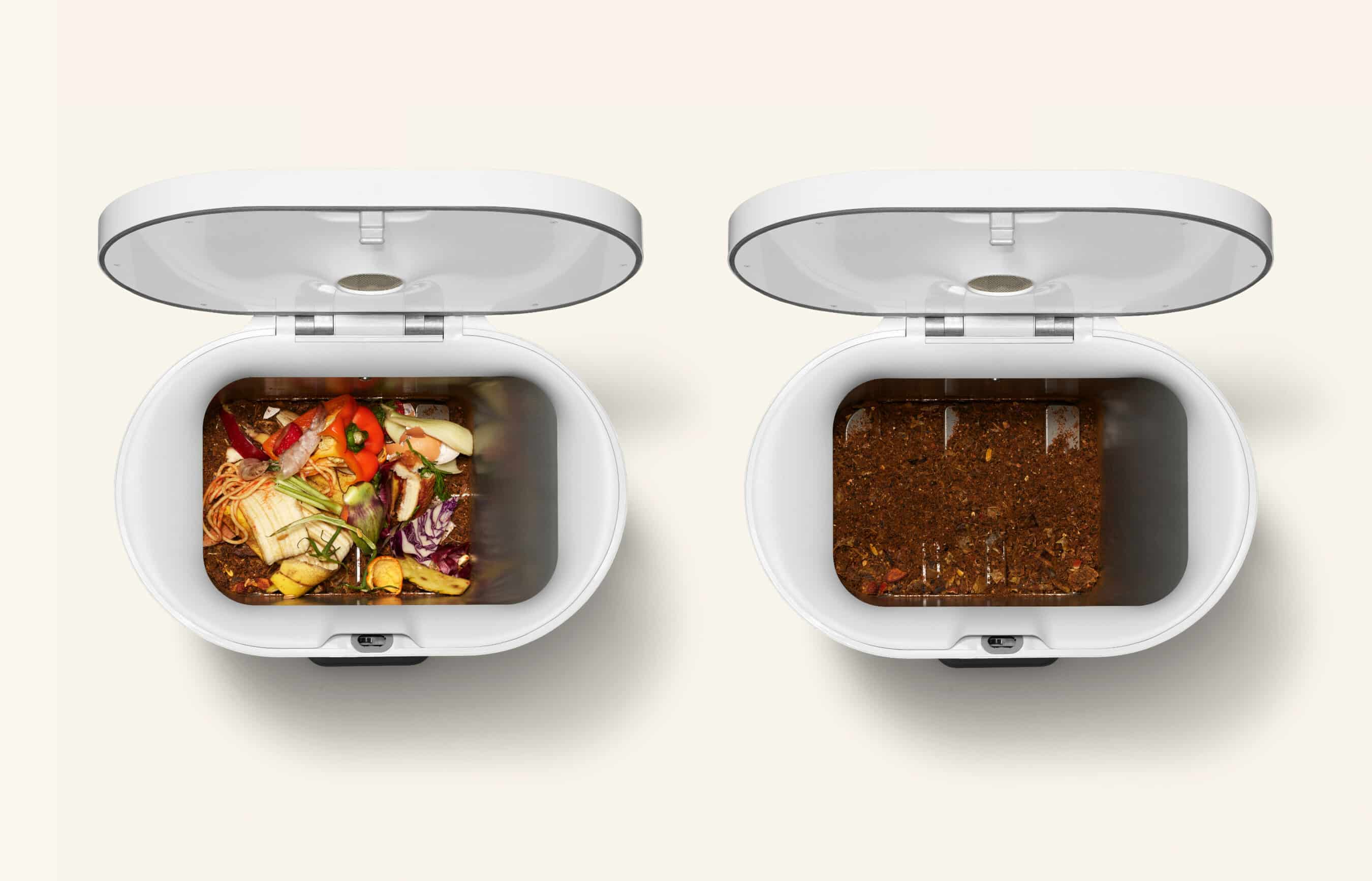Food waste is a pressing global issue that contributes to environmental degradation and squanders valuable resources that exacerbates food insecurity. Moving towards a more sustainable future, Mill, a pioneering home food-recycling service, has achieved a significant milestone that could transform how we manage food waste and its impact on the planet. The recent unanimous approval of a new animal feed ingredient definition for Dried Recovered Household Food by the Association of American Feed Control Officials (AAFCO) Ingredient Definition Committee marks a historic step forward in the fight against food waste and the pursuit of more sustainable agricultural practices.
Mill’s mission is to make it effortless for households to redirect their food waste away from landfills and towards farms, where it can be repurposed as animal feed, contributing to a closed-loop system that retains nutrients within the food system. This approach not only mitigates the environmental harm caused by food waste but also offers a sustainable solution to address the significant greenhouse gas emissions associated with it.
The AAFCO’s approval of the new animal feed ingredient definition is a testament to the rigor and credibility of Mill’s food-recycling service. The company’s commitment to the safety, quality, and consistency of food waste processing has been recognized by regulatory bodies, including the Food and Drug Administration (FDA). While the definition is slated for inclusion in the AAFCO Official Publication in January 2024 pending additional procedural votes, its endorsement by both AAFCO and FDA showcases the growing confidence in Mill’s innovative approach.
Reducing food waste has been identified as one of the most impactful strategies to combat climate change, according to Project Drawdown. A staggering 30% of the world’s croplands are dedicated to producing animal feed, which contributes significantly to livestock-related emissions. By repurposing household food scraps into animal feed, Mill’s service addresses food waste and emissions reduction simultaneously. This regulatory breakthrough has far-reaching positive implications, from empowering policymakers to address urban food waste to offering farmers a more sustainable feed source and encouraging responsible consumption habits among households.
The regulatory pathway created by AAFCO and FDA is a pivotal development, particularly for uneaten food from households. While restaurants and grocery stores have been diverting food waste to farms for animal feed for some time, household-level recycling lacked a feasible model to ensure safety, quality, and consistency at scale. Mill’s innovative approach bridges this gap by providing a streamlined and user-friendly solution that encourages households to participate actively in the recycling process.
Mill’s food-recycling service empowers households to play a crucial role in reducing food waste. The process is simple: uneaten kitchen scraps are placed in Mill’s connected kitchen bin, which utilizes advanced technology to dehydrate the scraps. The resulting material, known as Food Grounds, is then collected and processed in Mill’s specialized facility. By blending Food Grounds from various households, Mill produces a consistent feed product suitable for poultry consumption. Customers receive valuable insights into their recycling impact, fostering a sense of environmental responsibility and accountability.
The founders of Mill, Matt Rogers, and Harry Tannenbaum, draw from their experience in creating innovative home products to address the pressing challenge of food waste. Their commitment to encouraging sustainable habits resonates through every aspect of Mill’s food-recycling service. This groundbreaking initiative offers a tangible way for individuals to contribute to a more sustainable future while supporting the health of our planet and its inhabitants.
Mill’s achievement in securing the AAFCO’s approval for a new animal feed ingredient definition for Dried Recovered Household Food is a significant stride towards combatting food waste and advancing sustainable agriculture. This innovative home food-recycling service presents a practical and accessible solution for households to actively participate in reducing waste and promoting responsible consumption. As we move closer to the official inclusion of the definition in the AAFCO Official Publication, Mill’s visionary approach sets the stage for a more sustainable, efficient, and interconnected food system that benefits both people and the planet.
Image provided by Mill



1 Comment